[From the Scene] SK bioscience rolls out Korea's first cell-based flu vaccine
After a 3-year hiatus, SKYCellflu ready for use starting in September
By Lee Yoon-seoPublished : Aug. 23, 2023 - 16:12
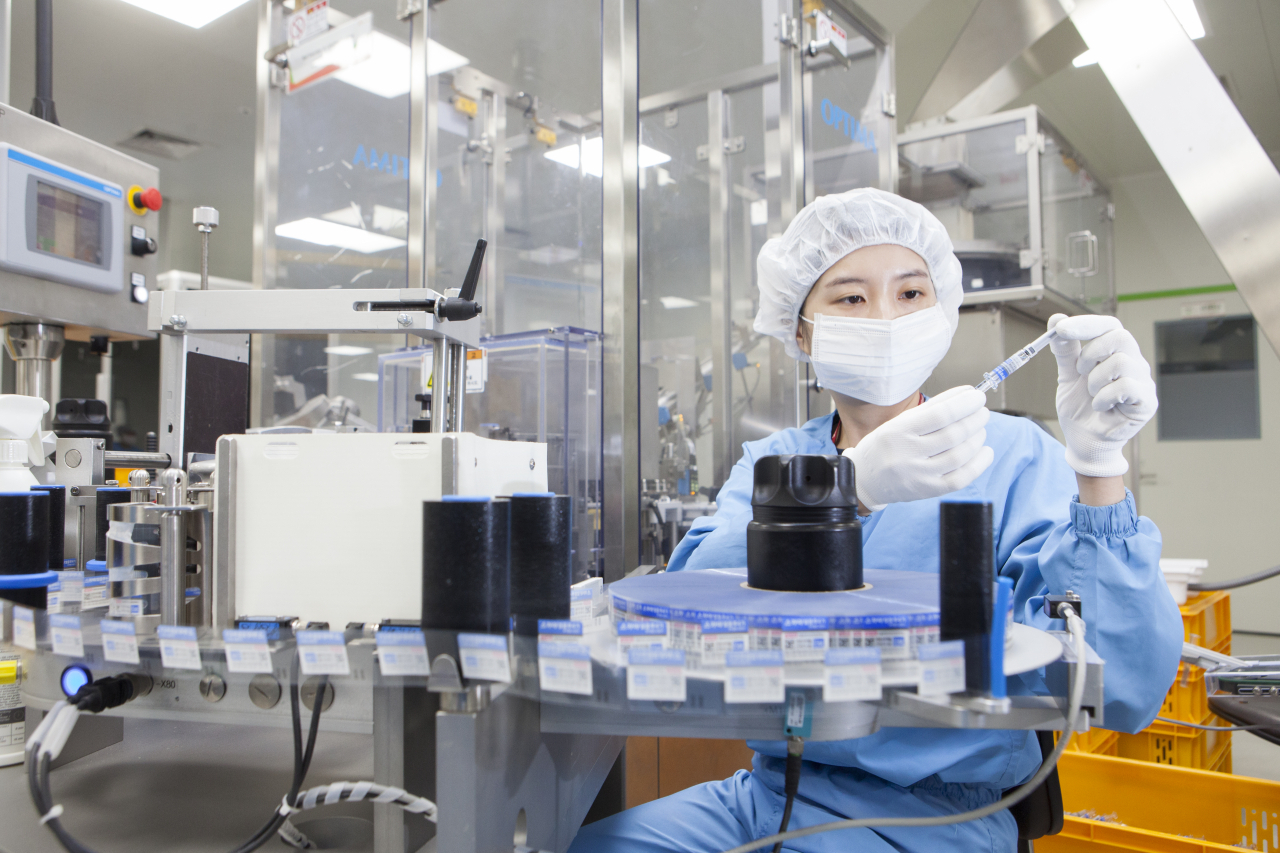
ANDONG, North Gyeongsang Province -- Researchers wearing blue personal protective equipment hunker down over digital screens and packaging machine belts as thousands of syringes are briskly moved through machines at SK bioscience’s vaccine manufacturing facility, L HOUSE, in Andong, North Gyeongsang Province, Tuesday.
After going through a series of procedures such as being analyzed for their defection rate and having plunger rods inserted into the syringes, the drugs are labeled and packed into a box, to be sent to local hospitals for seasonal flu shots.
The pre-filled syringes in question are South Korean drugmaker SK bioscience's influenza vaccines, SKYCellflu, which resumed production for the first time after a two-year hiatus. In 2021, SK bioscience had decided to direct the majority of its production capacity into manufacturing SKYCovione, the nation's first homegrown COVID-19 vaccine.
However, with SK bioscience's production of SKYCovione currently indefinitely suspended following the decline in demand for COVID-19 vaccines tailored to target SARS-CoV-2, the original strain of the coronavirus, SK bioscience said it now aims to direct its focus toward manufacturing SKYCellflu -- the nation's first cell-based flu vaccine.
"We will produce a total of 5 million vials of SKYCellflu until the start of next year," said Lee Sang-gyun, the head of L HOUSE and the Vice President of SK bioscience. According to him, the first batches of SKYCellflu will be rolled out at local hospitals for shots starting in September, ahead of the flu season.
"We have high hopes for SKYCellflu's (performance), as it reigns as the nation's only cell-based flu vaccine, amid the rise in the infection rate of influenza among Koreans," Lee added.
Cell-based influenza vaccines refer to flu vaccines that use influenza strains grown in cultured cells of mammalian origins. Currently, the vast majority of flu vaccines given for shots in Korea are egg-based vaccines, which refer to flu vaccines that use influenza strains grown in fertilized chicken eggs.
According to SK bioscience, egg-based flu vaccines present an array of problems, the most important complication of which is a phenomenon called egg-adaptation.
"Having flu viruses cultured in eggs (and using them in flu vaccines) can introduce mutational changes for flu viruses. This can incite differences between the viruses in the vaccine and the flu viruses that are circulating in their wild states. This phenomenon may cause the effectiveness of flu vaccines to decrease," said Kim Ki-hyun, Team Leader of Medical Information Team at SK bioscience.
"In addition, egg-based flu vaccines cannot be administered to patients with egg allergies, with the egg proteins present in the final vaccine products," he said.
However, according to SK bioscience, cell-based flu vaccines are next-generation flu vaccines which eliminate such problems.
According to analysis of the relative effects of flu vaccines in the 2017-2018 season conducted by United States' Food and Drug Administration and Centers for Disease Control and Prevention, cell-based vaccines were proved to be 11 percent more effective in preventing influenza-related hospital encounters.
Kim added cell-based flu vaccines are produced through aseptic culture mediums unlike egg-based vaccines, eradicating the need to use antibiotics for sterilization during SKYCellflu's manufacturing process.
"If additional components such as antibiotics and preservatives are removed during the manufacturing process, there will be less concerns about allergic and hypersensitive reactions to the vaccines," he said.
SK bioscience said that as of 2023, SKYCellflu has received sales permits from 10 countries, including Malaysia, Thailand and Singapore, and is expanding its reach into other global markets by aiming to apply for additional permits in more than 10 other countries.
"SKYCellflu is the crystallized outcome of advanced Korean vaccine technology. We will expand Koreans' options for flu vaccines with our return to the market, and prove our vaccine's competitiveness, again ramping up our foray into the global market," Lee said.
According to IQVIA data, sales of quadrivalent SKYCellflu, or SKYCellflu designed to protect against four different flu viruses, recorded 63.8 billion won ($47 million), and the trivalent SKYCellflu, about 100 million won, in 2020.
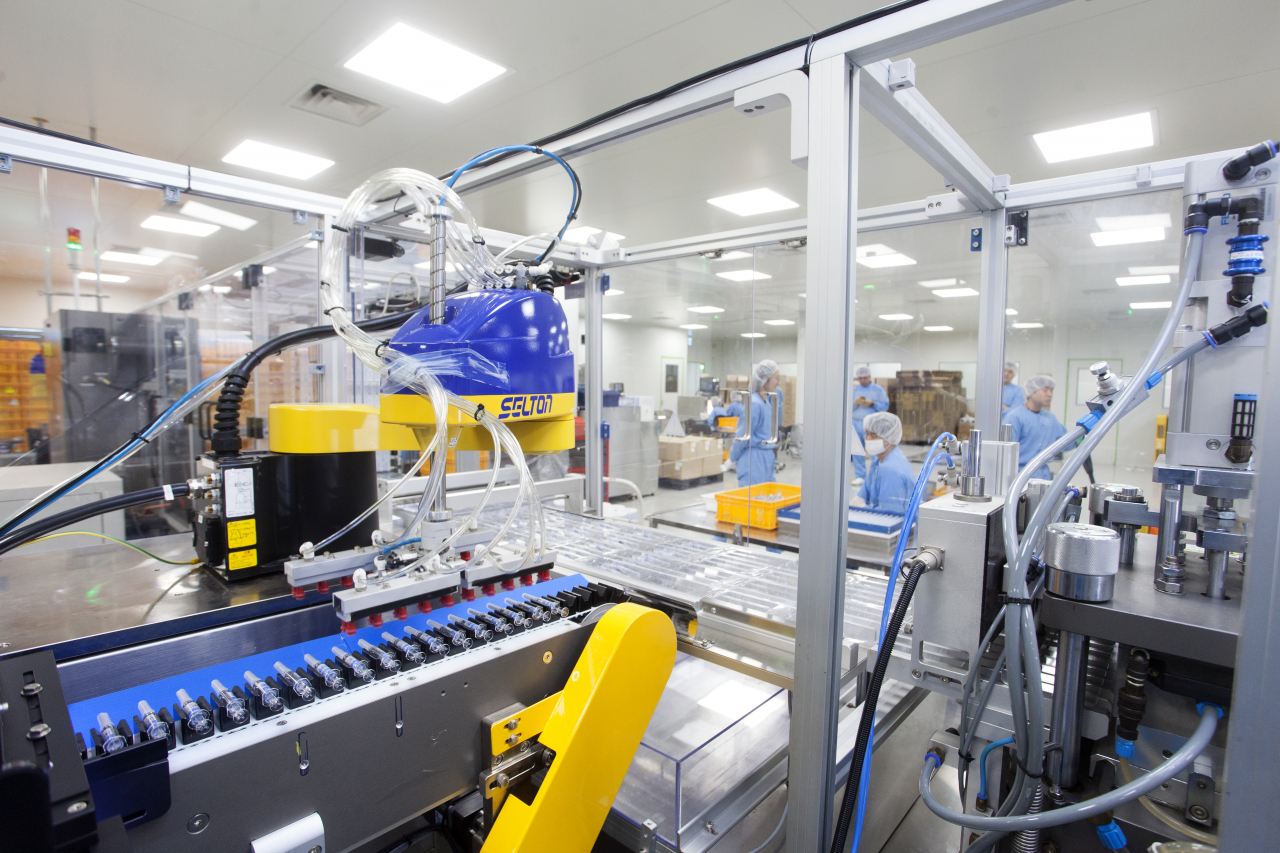





![[Herald Interview] Mom’s Touch seeks to replicate success in Japan](http://res.heraldm.com/phpwas/restmb_idxmake.php?idx=644&simg=/content/image/2024/04/29/20240429050568_0.jpg&u=)




![[News Focus] Lee tells Yoon that he has governed without political dialogue](http://res.heraldm.com/phpwas/restmb_idxmake.php?idx=644&simg=/content/image/2024/04/29/20240429050696_0.jpg&u=20240429210658)


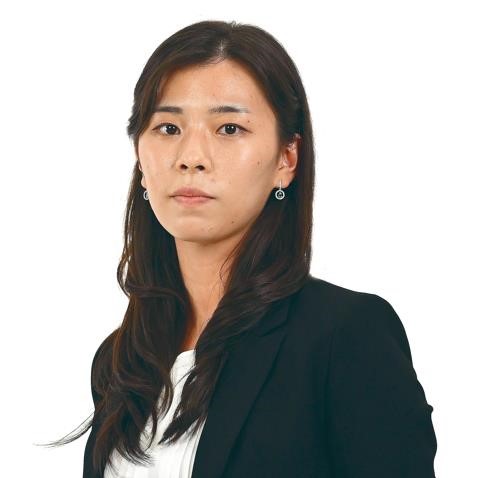
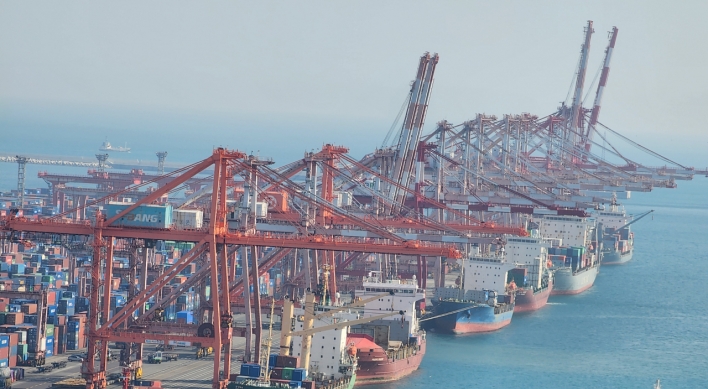
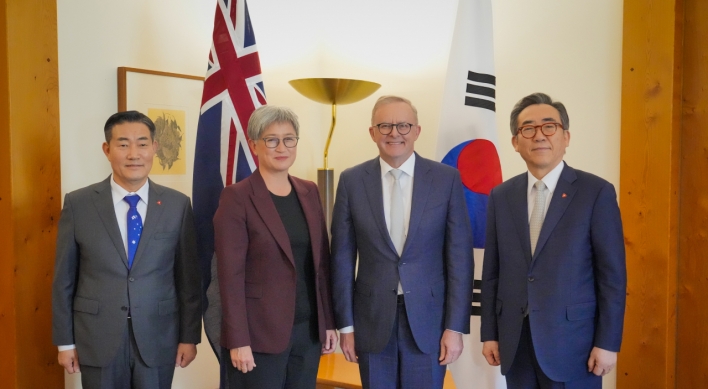



![[Today’s K-pop] Seventeen sets sales record with best-of album](http://res.heraldm.com/phpwas/restmb_idxmake.php?idx=642&simg=/content/image/2024/04/30/20240430050818_0.jpg&u=)